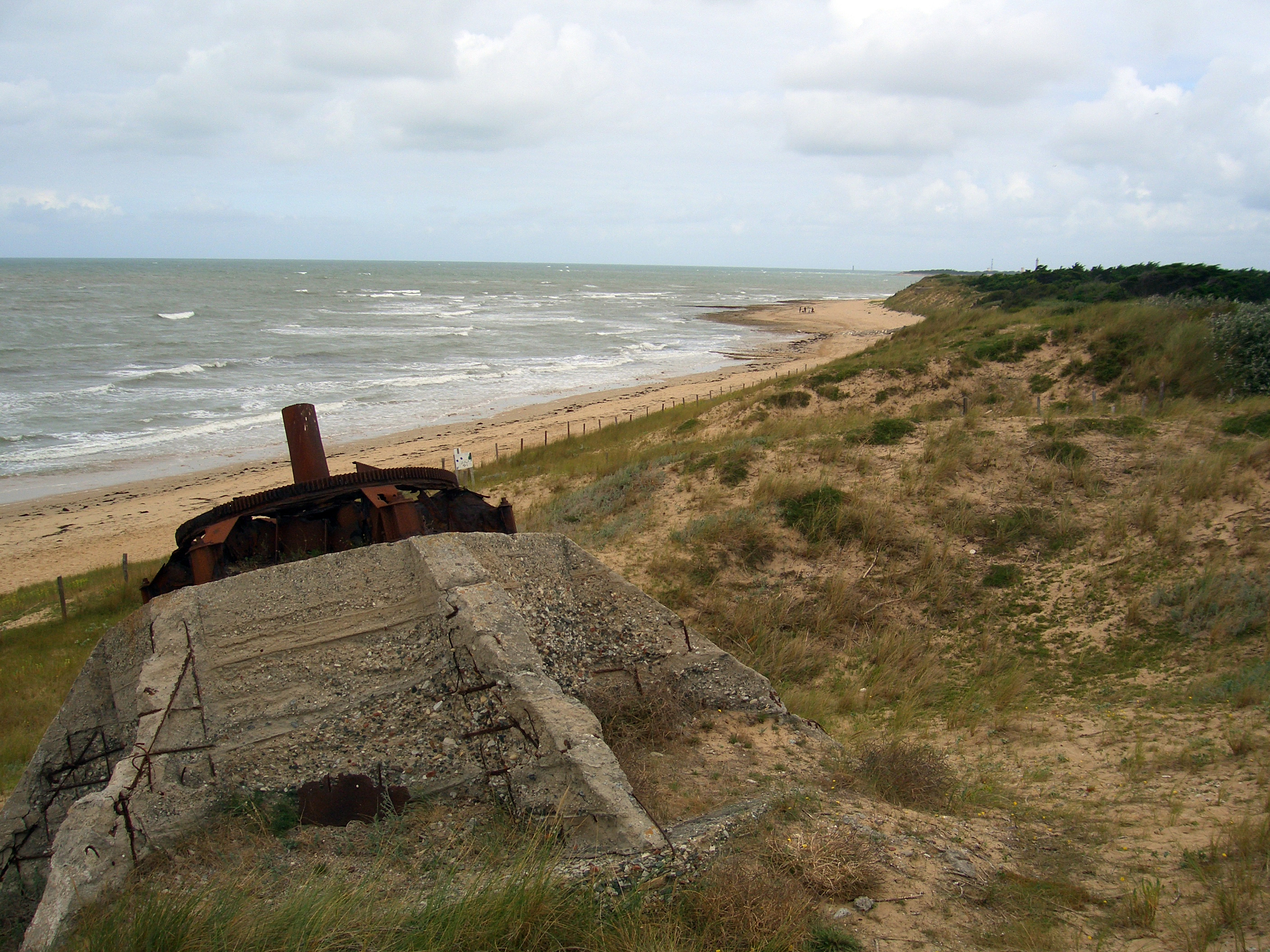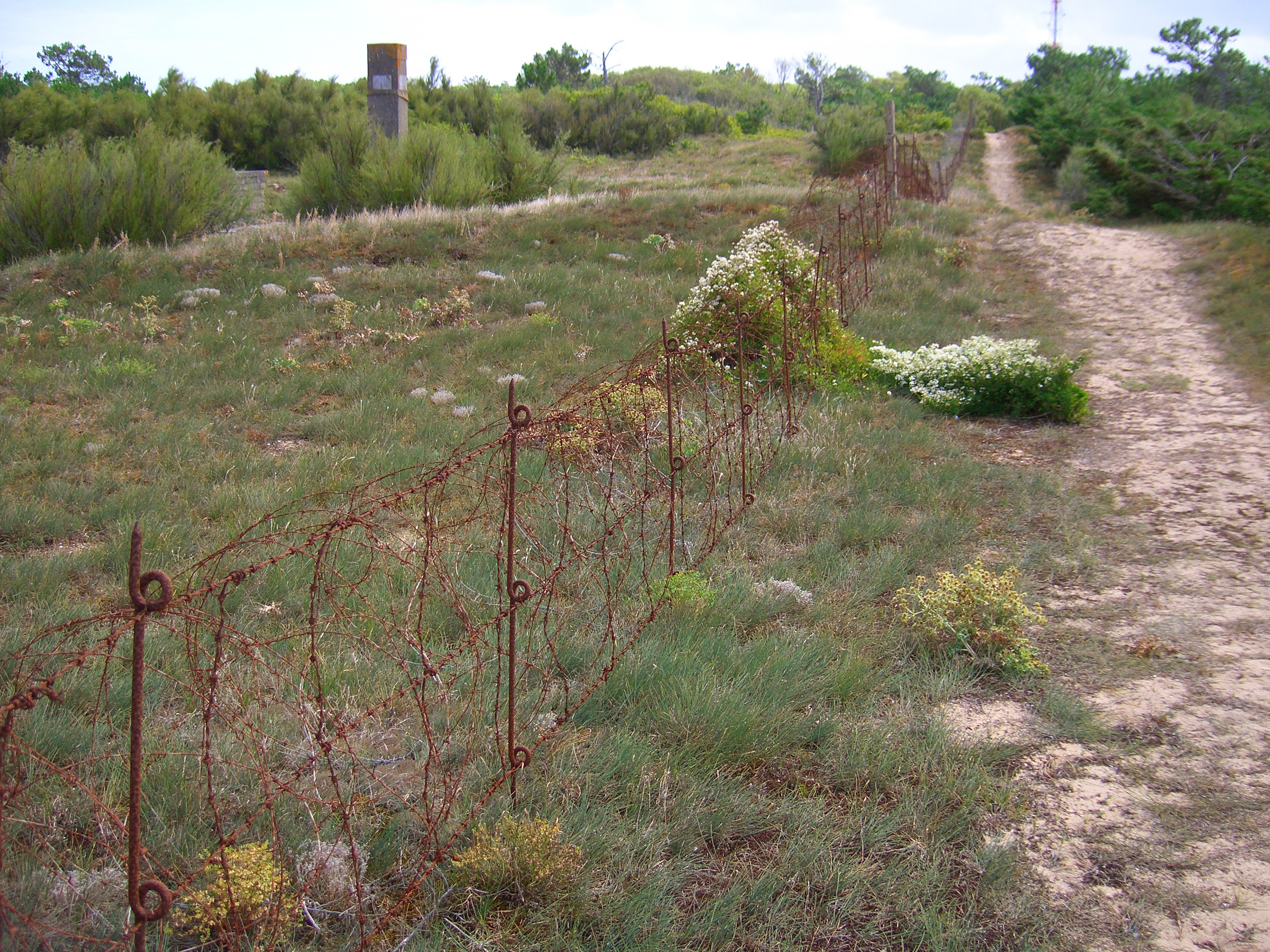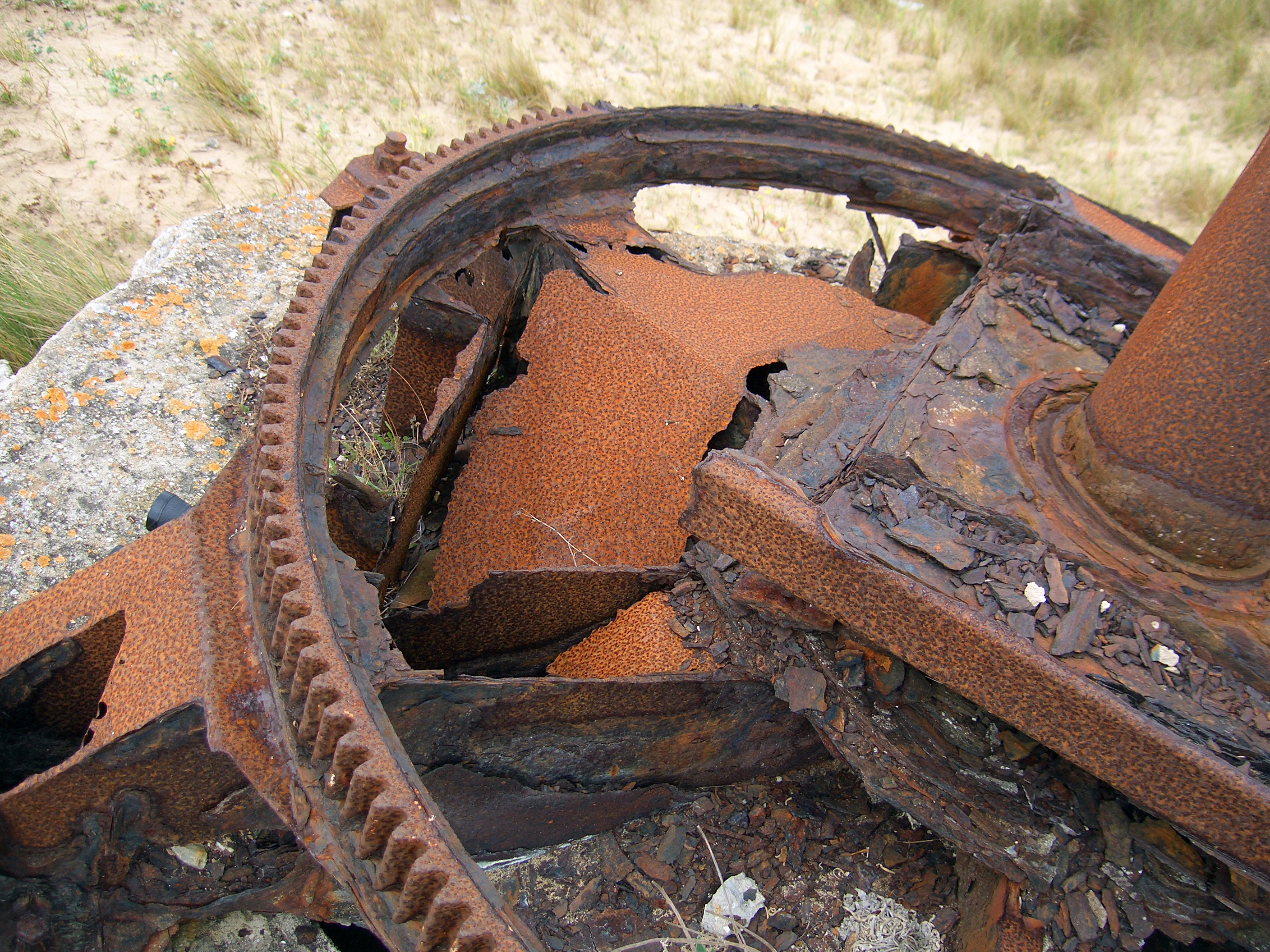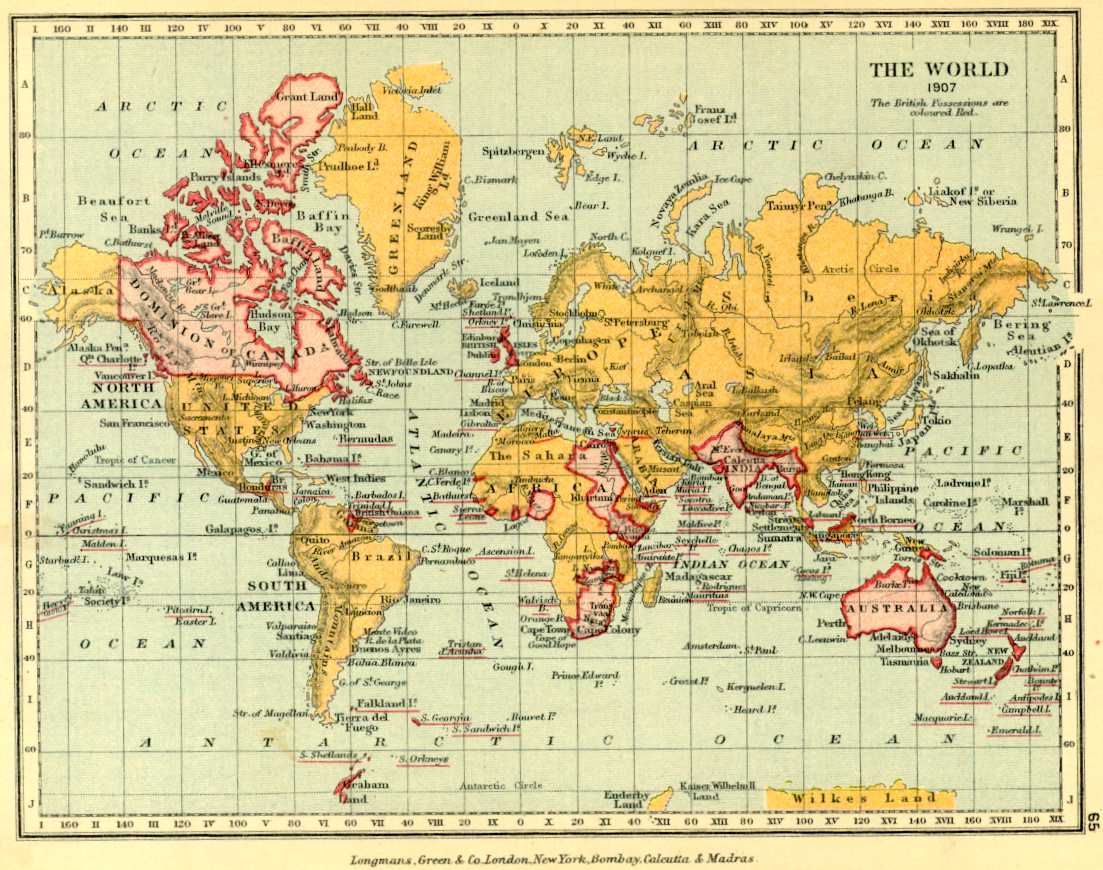The pygmy village of Yandoumbe stretches for about a kilometre along a road of red earth outside the small town of Bayanga. Banana and mango trees shade the wooden huts with their palm frond roofs, and slash-and-burn manioc plantations peter out into the pristine rainforests beyond. This is the real deal, the full on, tits-out Africa of the National Geographic and countless harrowing news stories, but we are here to get stoned and listen to music.
Our Hiluxes are driven by regular Central Africans from the town. They are slightly bemused, maybe even irritated, by our interest in the Bayaka pygmies who make up the indigenous population of the area. While one driver, Nanas, happily chats with the Bayaka, the other is sullen and stays in the car. Later, I will see him bark orders at a Bayaka like a slave driver. If he’d been born a few years earlier, he might have actually owned some pygmies himself. Many Central Africans look at the Bayaka – who average about five feet and spend half their time living as hunter-gatherers in the forest – and see animals. ‘They say we don’t have the same blood as them,’ one Bayaka woman tells me.
The Bayaka’s height and assorted dress certainly distinguish them from the townspeople. One child is in a torn Barack Obama tee shirt with the word ‘Change’ emblazoned on it. Adult men sport everything from military camouflage to school uniforms to boxer shorts. The women are more ‘traditional’, wearing brightly coloured cloth skirts. Some have face tattoos and scarification, spindly designs and teardrops on the cheekbones and foreheads. A few people of both sexes have alarmingly pointed teeth. I assume they are filed down to those points, but in fact it is done with a chisel.
Semi-naked children, dozens of them, play in the dust outside the huts. The adults get things together to take into the forest, loading beautiful hand-woven baskets, picking up spears and nets for the hunt. The scene looks timeless, clichéd even, the stuff of a thousand well-meaning gap years, but the village is only 20 years old, and the man who founded it is a six-foot 58-year-old from New Jersey.
***
Louis Sarno was listening to an Amsterdam radio station in 1985 when he heard a broadcast of Bayaka music. An enthusiast more than a musicologist, Louis had wandered around Europe, lived on a remote Scottish farm and then married a Dutch girl. By the time the marriage ended, he had little idea of what to do next. (‘It was amicable,’ Louis says. ‘We split a PO box without any mail and a bank account without any money.’) But the music he heard that night was intoxicating, and he made up his mind to go and meet the people that made it. He gathered together a little money, bought a tape recorder and a one-way ticket for Bangui: the sweaty, scary capital of the Central African Republic.
When he finally made it to Bayanga, far to the south-west, the images he had conjured in his mind of a pure forest people of genius musicians were challenged by a somewhat different reality. The Bayaka lived in the shadow of a wailing sawmill. They wore cheap and tattered clothes. Some weren’t even that short. Worst of all, they were constantly prey to the non-Bayaka population of the town. Always in debt to the Bantu neighbours, always being beaten up for not working to repay them, and often drunk on the palm wine their culture had almost no experience of. But at night, when the sawmill closed, the music would begin, and Louis remembered what had brought him there in the first place.
Pygmies have no chiefs. Watching the Bayaka make decisions is to see consensus meet anarchy in the middle of a foggy bridge. Miraculously, Louis managed to buy some land and convince the Bayaka it would be better for them to move away from their taller neighbours. An immense struggle with the local authorities broke out, one that is documented in Louis’s book Song from the Forest (1993) and the subject of a feature film, Oka! (2011). The film, starring Kris Marshall of Love Actually fame, is almost certainly the worst I have ever seen, and Louis tells me he would write the book very differently if he knew then what he knows now, but still. Eventually, after being threatened with deportation and worse, the village of Yandoumbe was born. Now it is home to a community almost 2000 strong. At its heart is a black hut on a concrete base and a fence beyond which the children aren’t allowed to shit. It is at Louis’s house that we begin our journey into the forest.
***
We are doing the Mad Dogs and Englishmen thing as the Bayaka sensibly sit in the shade. Some of the men vaguely try to sell us necklaces but commerce is clearly not the pygmies’ forte. They are excited about going into the forest though. We will be paying for the trip. It is the dry season and most Bayaka would normally be spending it tending to their manioc plantations. Everyone wants to come with us. As the 36 skilled adults, hand-chosen by Louis for their forest and musical skills, prepare for departure, so do at least 30 more. Louis struggles to get the Bayaka to listen. This hunter-gatherer society that spends half its time on the move has absolutely no political organisation. Louis is considered an elder. One of the Bayaka will later tell me that they respect elders. That’s probably true but they don’t listen to them very much. An exasperated Louis eventually reads out his list of names like a schoolteacher doing the morning register. The shouting subsides and eventually only about 10 extra people join us on the trip into the forest.
Like something out a Victorian expedition, the Bayaka carry everything. With impressive strength and poise they carry most of the cargo on their heads. A 13-year-old boy strides past me balancing 12 litres of water on top of his head like a paper crown (we are too chicken to drink the crystal waters of the streams we cross). As we all trek through the manioc fields, one box languishes at the foot of Louis’s breadfruit tree, or possibly in the back of Nanas’s Hilux, or maybe it has been stolen by a Bayaka, who are known for their relaxed view of property rights. It is the box containing all our food. The porridge, pasta, tomatoes and cheese we have brought for ourselves so we don’t have to rely on a successful hunt.
***
The rainforest is dark and much cooler than the village. The Bayaka lead us down trails cut by forest elephants, by far the most dangerous animals around (there are about 1500 in the area according to the WWF). The going is remarkably easy; the land is flat, the elephants scarce, and the streams easily forded. Only twice does someone shout ‘jaku’ – meaning driver ants, whose vice-like pincers will tear you to pieces given the chance.
As we sit down for our single stop on this half-day walk, the pygmy men begin to roll massive spliffs in unison. Some shove handfuls of the sticky greeny-brown weed inside torn pages of exercise books, others in trimmed semi-dry leaves. The joints burn brightly as the Bayaka take deep drags and pass to their neighbours. They must have smoked an ounce in ten minutes. None of them seems fazed.
Two hours deeper into the forest, and with almost no word of warning, the Bayaka turn off the trail and head straight into the thickets. Shin-deep in leaf litter and hemmed in by vines and undergrowth, for a minute it feels like the pygmies have led us the wrong way. Again, with no discussion or deliberation, they suddenly stop, put down the cargo and—without missing a beat—begin clearing the jungle.
Everyone gets out a machete. There are five-year-olds cutting down saplings. A large area is cleared of bushes and little trees in less than 30 minutes. The twigs and leaves are swept away as men start hacking at the earth to remove the root balls. We are left with a nicely graded arena of soft dirt. Perfect for dancing on.
The women begin to make beehive huts for their families. Bent saplings and vines are tied together and big oval leaves attached to keep out the rain and provide some privacy. This being the dry season, we have no way of testing the weatherproof credentials of these humble dwellings, but they are reported to stay dry in even the fiercest of tropical downpours.
We only realise a hunting party set out earlier because they now return with quarry. The Bayaka staple has been caught. The blue duiker is the smallest of the forest antelopes, about the size of a small dog. Shotgun-toting poachers from the town have decimated the duiker population in the forests around Bayanga, posing what Louis sees as the most severe threat to the Bayaka’s ancient way of life. Nonetheless, the Bayaka have been lucky today. So have we, as we don’t have any food, and a haunch has been reserved for us.
Mkuti, an extrovert, porcupine hunter, harpist, tree climber and raconteur heads back to try and rendezvous with the car that might have our food. If it doesn’t have the food, he has a list for Shamek, the solid-gold Mauritanian shopkeeper in town. Shamek acts as a bank, a delivery service and an all-round fixer. Too bad he never gets our list.
We borrow rice from Louis. It will be more palatable than manioc, though I’m tempted to dive into Bayaka cuisine more thoroughly. I cook the rice on a campfire, getting it just right, while Louis’s girlfriend Agati stews our duiker with tomato paste and ‘forest garlic’, a fragrant root. The bushmeat is delicious.
***
There is quite a lot of hanging around. If it wasn’t for the fact that we were in the middle of the rainforest with a bunch of miniature hunter-gatherers, you might even say it was boring. I begin to wish I’d brought a book.
Men start to casually drum and women sing. It’s a bit like an orchestra tuning up. Giving in to the inevitable, I submit to the Bayaka entreaties and start smoking their joints. The weed is surprisingly strong, and smoking out of a bit of crumpled A4 paper not nearly as bad as it looks.
One Bayaka, a 4’10” teenager with a lisp and the torso of an action figure, has been busy hacking at things. He has created an improvised bench for us to watch the proceedings from. We arrange ourselves on it as the darkness falls and the wailing and drumming pick up.
Louis has told us to expect an eboka, which is basically a party: a marijuana-infused drumming, singing and dancing session for the whole community. Certain ebokas happen in particular places and at specific times, and Louis assures us they are always better in the forest than in the village. We are to witness a boyobi, a specific type of eboka when hunting spirits (called makundi) appear to bless the following day’s hunt.
The spirits are in fact men and teenage boys who have been initiated into special rituals. A raffia cloak, a dome of twigs and the darkness of the forest at night disguise their human form. The idea is that the women don’t know that the spirits are really men in costume. Of course, the women know, and the men know they know, but no one breaks the illusion.
Imperceptibly, the eboka begins. It segues from casual tuning to serious music, until it reaches a sort of critical mass when everyone realises something big is going on. The Bayaka gather in the middle of clearing, the men drumming furiously on plastic tubs, cooking pans, empty mineral water bottles and their own machetes. The women sing louder and louder, harmonising in rich polyphony until the camp feels insulated from the forest by a bubble of loud human sound—probably a good idea with all those elephants. People begin to dance. Women stuff special leaves into their waistlines, men make elaborate leaf headdresses and wands. One man, the one who is to summon the makundi, leads the dancing into a trance-like, ecstatic crescendo. This is far better than any rave I have ever been to.
We had been told that when the spirits are about to appear, all lights must be extinguished. The darkness is necessary to preserve the illusion that the makundi are not human. The pale blue LED beams that criss-cross the clearing go dead (other than the machete, the LED head-torch must have done more to improve the Bayaka’s lifestyle than any other invention), the fires are put out, the Bayaka even refrain from relighting their spliffs.
As almost total darkness falls, the forest floor is lit up by tiny flecks of light. The effect is caused by a kind of bioluminescent mould that grows all over the rainforest, mainly on the underside of dead leaves and bark. It creates the impression of a starry night at your feet.
The drumming suddenly stops, and a falsetto, squawking voice is heard from the trees beyond the camp. The makundi screech orders at the Bayaka, apparently wanting them to sing louder to coax them out. The Bayaka and their spirits communicate in call and response until the drumming begins again, louder than ever.
When they finally emerge from the trees, the effect is astonishing. The makundi have strapped the bioluminescent mould to their bodies. Designs, which the Bayaka call ‘stars’, are placed on what are probably their elbows, knees and torsos. It means it is impossible to tell exactly how many makundi there are, but also what part of which body is making any specific movement. When two makundi near each other they appear to merge into one, and when they creep along the floor they move more like insects than humans, the glowing fungus vibrating to the rhythm and the alarming squawk accompanying the music.
Louis explains that the BBC, National Geographic and a host of others have all tried to film the spirits. The makundi are too fast, and their ‘stars’ are too dim for the ceremony to be captured on camera. There is something deeply satisfying about 21st Century technology being unable to deal with hunter-gatherer rituals that probably date back millennia.
The atmosphere is highly charged: couples retreat into the huts to canoodle, a Bayaka man goes off to masturbate near the edge of the clearing. When the makundi take a break I am set upon by four or five Bayaka girls at once. They drag me to the floor murmuring my name and putting their hands under my clothes—I am slightly shaken. When a head-torch is lit nearby, they run away, giggling. In answer to my concern, Louis replies, ‘yeah, they can be pretty forward... If you stuck around here you’d probably find a wife.’
As is sometimes the case, the respect for a ceremony is confirmed best when it is threatened. Mkuti, the gregarious porcupine hunter, has not met the truck he was sent to meet. Instead he got drunk on palm wine. As he stumbles into the ceremony, half-cut, obnoxious, with his head-torch shining, the spirits slink off, crawling on their bellies so as not to be seen. The crowd erupts in disapproval, with some shouting in French (for our benefit) ‘Ce n’est pas bon!’ and whistling and jeering until he turns off his light.
After another hour of Mkuti’s bad behaviour the spirits decide to call it a night. Louis, egged on by several of the women, gives Mkuti a hard time, calling him ‘imbecile’ and castigating his drunkenness. Embarrassed, he declares to the camp that he will leave then and there, and that he doesn’t want the white people to see him now he has been shamed. After 10 minutes, and a conciliatory word from Louis, he relents, and plays the harp until dawn.
***
Buzzing from the boyobi ceremony, I get almost no sleep. The vague reverie I might be enjoying is terminally interrupted at 5am by the drums.
The women begin their incantations. ‘They are singing quite sexualised lyrics,’ Louis says. 'Stuff like “the penis is weak, the vagina is strong, the penis gives up but the vagina keeps going.” That’s why all the men have gone into their huts.’ Sure enough, the Bayaka men are looking on from the sidelines, clearly embarrassed.
We pack up to leave the camp and go hunting. More accurately, we watch the Bayaka hunt. Spreading a hand woven neat out in a circle of about 100 metres, they flush out animals towards the edge, where other Bayaka stand ready with spears. They catch a porcupine and a white mongoose in a three-hour stretch. This is a bad haul: a few years ago they would have definitely got a duiker, Louis says.
“When I first moved here there were songbirds, monkeys. They’ve all been shot by poachers. You have to go much deeper into the forest to even hear a monkey now.” With the nets and spears of the Bayaka going up against the shotguns of the poachers, it is easy to see why Louis is worried for the future.
***
A month after we said goodbye to Louis and the Bayaka, a group of armed men arrived in Bayanga. They were the Seleka, representatives of a loose, violent, mainly Muslim militia that recently ousted the government in Bangui. They had a list of ‘rich people’ they want to see. Louis Sarno was on the list.
Tipped off by Shamek the shopkeeper, Louis took his family and friends from Yandoumbe into the forest. When the Seleka arrived, they were determined to find Louis’s treasure. Looting his hut, they turned up nothing but medicine for the children and reams of notes Louis intended to turn into his next book. They burnt everything. For the first time in his 28 years in the CAR, Louis was forced to run for his life: by staying, he would have endangered his family.
By the time the Seleka themselves were overthrown less than a year later, Louis had returned. A new, vicious anti-Seleka force had arrived in Bayanga. They forced Shamek, and all the other Muslims, to flee to Cameroon. They looted his shop, and burned all the Muslim homes down. At least Louis was not on their list.
He is back in the forest now, with the Bayaka. They are living a life that has changed little in thousands of years. Hopefully, they will be able to live it in peace.




